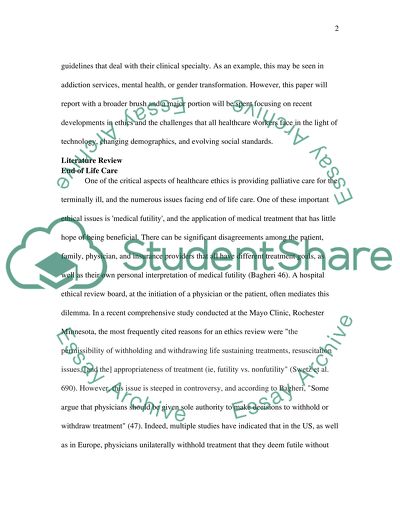Cite this document
(The Most Current and Controversial Issues Surrounding Healthcare Ethic Literature review, n.d.)
The Most Current and Controversial Issues Surrounding Healthcare Ethic Literature review. Retrieved from https://studentshare.org/health-sciences-medicine/1500636-write-a-literature-review-about-healthcare-ethics
The Most Current and Controversial Issues Surrounding Healthcare Ethic Literature review. Retrieved from https://studentshare.org/health-sciences-medicine/1500636-write-a-literature-review-about-healthcare-ethics
(The Most Current and Controversial Issues Surrounding Healthcare Ethic Literature Review)
The Most Current and Controversial Issues Surrounding Healthcare Ethic Literature Review. https://studentshare.org/health-sciences-medicine/1500636-write-a-literature-review-about-healthcare-ethics.
The Most Current and Controversial Issues Surrounding Healthcare Ethic Literature Review. https://studentshare.org/health-sciences-medicine/1500636-write-a-literature-review-about-healthcare-ethics.
“The Most Current and Controversial Issues Surrounding Healthcare Ethic Literature Review”, n.d. https://studentshare.org/health-sciences-medicine/1500636-write-a-literature-review-about-healthcare-ethics.


